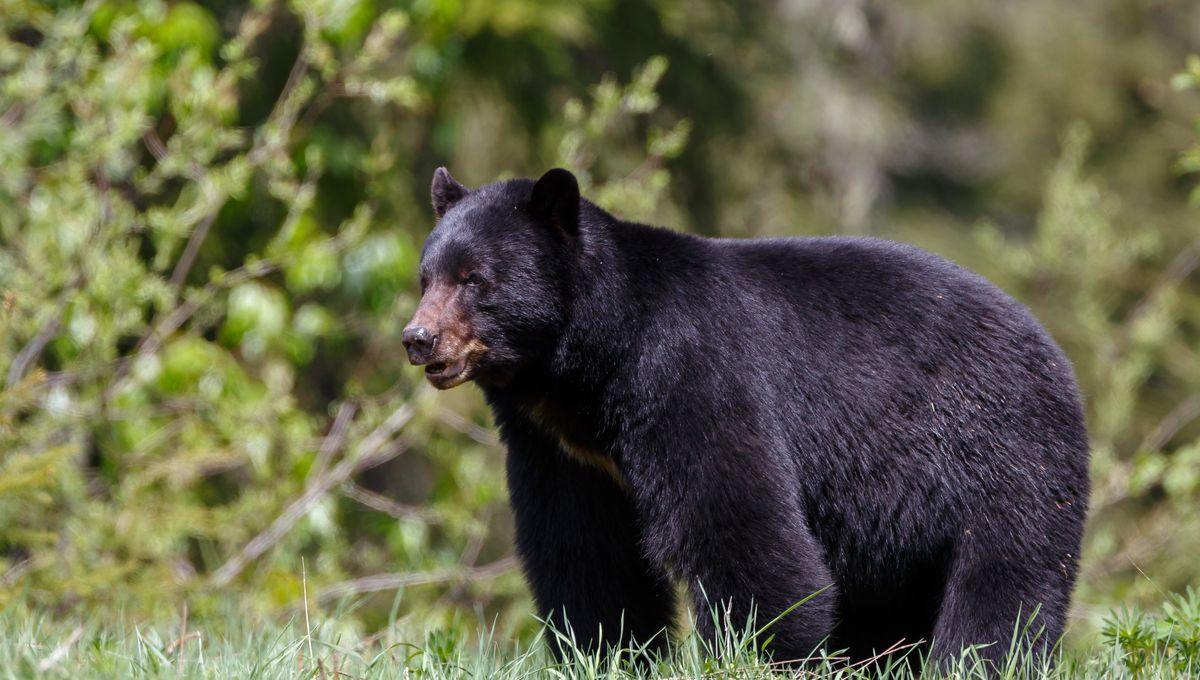
What started off as a family reunion with a big barbecue to boot wound up with six people infected with rare parasitic worms and three of those people ending up in hospital. The source? Undercooked black bear meat.
The story began to unravel when a 29-year-old man was admitted to hospital in July 2022 with some pretty nasty symptoms: severe muscle pain, swelling around his eyes, and a fever, not to mention a sky-high response from his immune cells.
It wasn’t until he became hospitalized for the second time that he mentioned the unusual meal he’d had with his family just days before.
During this meet-up, one member of the family had brought along the remnants of a hunting trip in Canada – kebabs made from black bear meat. Not being the usual barbecue fodder, the family reportedly had trouble determining if the meat was cooked or not due to its dark color, which probably should’ve been a sign to leave well alone.
Instead, the meat was initially served rare, before people began to notice and had it recooked.
Upon finding out that the man had consumed the bear meat, doctors suspected they were witness to a rare case of human trichinellosis. This particularly unpleasant disease is the result of an infection with parasitic Trichinella roundworms, the larvae of which can be found in a variety of wild animals.
Once they’re in the digestive system, the larvae grow up and make their own baby worms, which work their way into muscles, causing symptoms such as those experienced by the man who ate bear meat. Occasionally, the infection can become more dangerous if the worms manage to reach the heart, lungs, or central nervous system.
Not only do these larvae cause problems, but they’re also pretty resilient. The family member who hunted the bear had actually been warned about Trichinella – it’s thought to be present in at least 1 to 24 percent of Canadian and Alaskan black bears – but was told freezing the meat would kill the parasites off.
In news that’s likely to make future family reunions a tad awkward given the consequences, that advice was very wrong. The species of Trichinella normally found in bear meat can survive freezing, something that became particularly apparent when microscopic analysis of the meat revealed wriggly larvae aplenty.
A further five members of the family also became ill with symptoms of trichinellosis, with three of them, including a 12-year-old, becoming hospitalized – though not all had eaten the meat. Investigations revealed that they’d eaten vegetables that had been cooked alongside it.
Thankfully, all six family members recovered, the three hospitalized members after treatment with the antiparasitic drug albendazole and the remaining members without any treatment. The family member who’d hunted the bear was advised to get rid of the remaining meat.
If this tale of parasitic worm infection isn’t quite enough to put someone off the idea of eating bear meat, the CDC recommends taking measures to avoid cross-contamination and ensuring “adequate cooking” of the meat – that means getting it to an internal temperature of at least 74°C (165°F).
In other words, it’s best well done or not at all.
Source Link: Undercooked Bear Meat Sparked Rare Parasitic Worm Outbreak At Family BBQ